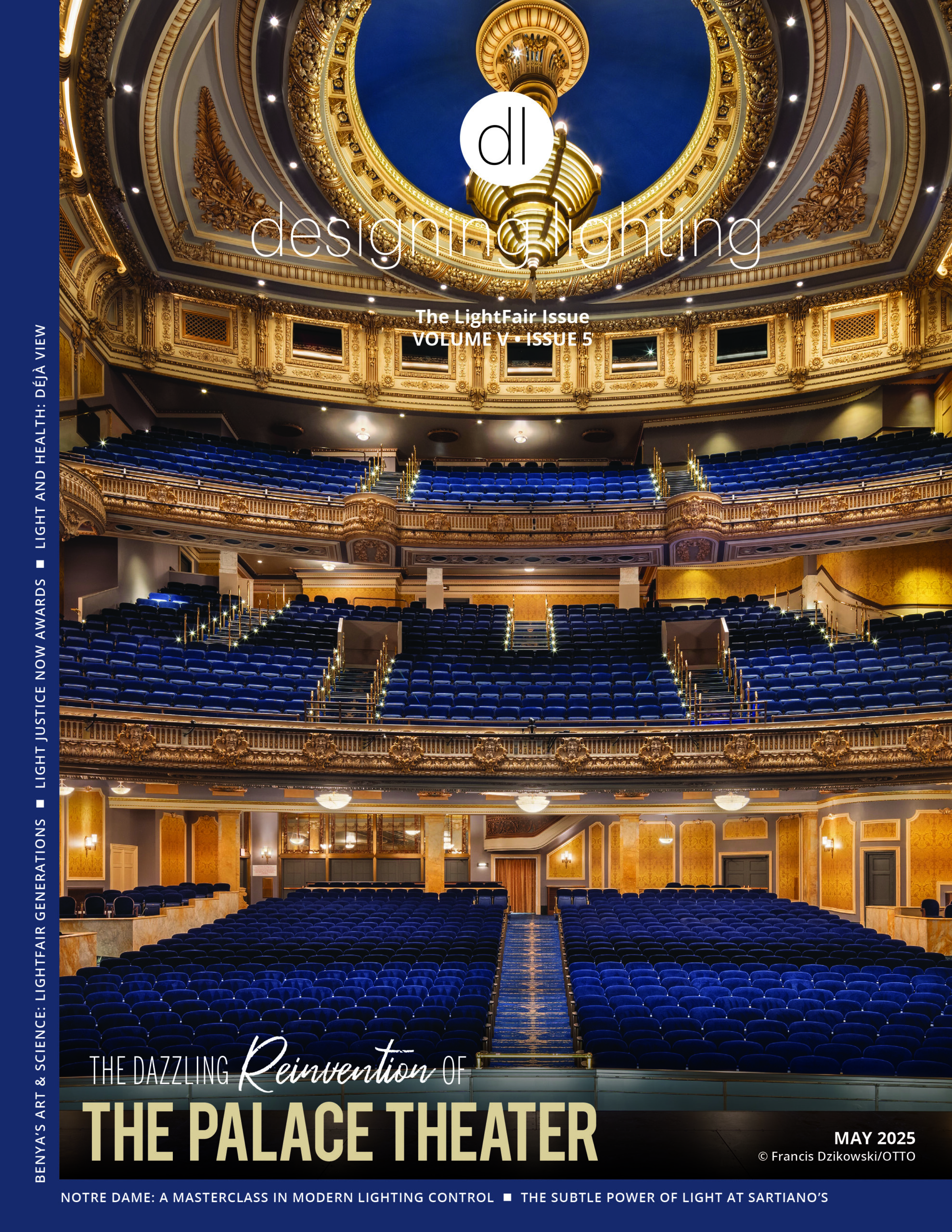Why Diversity Matters: A Lighting Industry Conversation on Equity, Inclusion, and Impact
On 16 April 2025, leaders and advocates gathered for a timely and compelling webinar, “Why Diversity Matters: The Business Case for Diversity, Equity, and Inclusion.” Hosted by BOL and IES and supported by DLC, BUILD, IALD, Equity in Lighting, NACLIQ, WILD, and LightJustice, the event sought to reframe DEI not as a trend or political position but as a strategic foundation for stronger organizations and a healthier industry culture.
Setting the Stage: A Community Ready for Progress
Lya Shaffer Osborn opened the event with gratitude for both panelists and attendees. She reflected on the lighting community’s long-standing spirit of innovation, collaboration, and generosity—qualities she’s observed over a decade.
“This event is a manifestation of that spirit,” Osborn said. “It reflects the conversations and the progress we’re all striving for, together.”
She acknowledged that while today’s DEI landscape may differ from past years, the conversation wasn’t meant to justify these principles. “They are sound and need no defending,” she noted. Instead, the focus was on why DEI remains critical and how integrating it into core business practices will shape the future of the lighting industry.
“I’m truly looking forward to today’s dialogue—and the conversations that will continue long after this event,” she concluded. “Our speakers will offer research and insights that demonstrate how DEI strategies lead to teams that are more productive, more creative, and more collaborative.”
IES and LightJustice Highlight Long-Term DEI Efforts
Brienne Willcock of the Illuminating Engineering Society (IES) outlined current efforts to expand access and participation. These include low-cost educational programs and opportunities for emerging professionals on technical committees. “We believe quality lighting should be a public priority for all people,” Willcock said, reaffirming IES’s commitment to equity in both education and practice.
Edward Bartholomew of LightJustice followed with the Light Justice Now Awards announcement, set to debut at LightFair in May. These awards recognize projects and initiatives focused on human health, cultural inclusion, and social justice. “We advocate for DEI in every aspect of lighting—from design and sales to procurement and end-use,” he said. “This makes our industry stronger, more impactful, and more human.”

Barbara Horton Lees Sent Her Statement on the Important of Diversity
Voices from Across the Industry
A series of recorded messages from industry leaders added depth and energy to the discussion. Each speaker offered a unique perspective on why diversity matters:
-
Andrea Hartranft (IALD): “Diversity keeps ecosystems strong. Without it, we lose the spark that drives progress.”
-
Barbara Horton Lees (Business of Light): “Diverse teams enrich the design process with authenticity and relatable outcomes.”
-
Quincy Drane (BUILD): “Thriving is the goal. Diversity is the means.”
-
Alessa Aguayo (WILD): “Diversity identifies blind spots and sparks creativity. It’s key to the industry’s future.”
-
Alana Shepherd (NACLIQ): “Diversity brings nuance, empathy, and value to every role. It’s the foundation of equity and inclusion.”
-
Tina Halfpenny (DLC): “Diversity drives innovation and helps teams problem-solve more effectively.”
-
Elaine Cook (Equity in Lighting): “True success comes from community—where everyone can fully show up and thrive.”
Speaker Spotlight: Nate Shalev on Inclusive Strategy
Nate Shalev, founder of Revel Impact, shared direct strategies for fostering inclusive workplaces, encouraging the audience to think about what it truly takes for someone to “show up” at a conference—from travel arrangements to ensuring safe and affirming spaces. “For me, as an autistic and trans individual, simple things like access to a quiet space, a proper name tag, or even a safe bathroom are not small asks—they’re essential,” Shalev explained.
Their approach emphasized three levels of inclusion:
-
Individual: Self-education, awareness, and examining biases.
-
Interpersonal: Addressing bias with empathy, conversation, or even de-escalation techniques.
-
Systemic: Embedding inclusive policies into hiring, training, and operations.

Ebony Ross Discussed the Benefits of DEI in Business
Implementing DEI for Business Success
Two additional speakers, Ebony Ross, Managing Principal of Mesh Business Advisors, and Ronald M. Jacobs, Partner at Venable LLP, brought real-world insight to the discussion.
Ross emphasized the importance of building DEI frameworks that are measurable and sustainable. Drawing from years of advising corporate change initiatives, she warned against treating inclusion as a one-off campaign. “Inclusion doesn’t happen by accident,” she said. “It requires consistent effort, accountability, and resources. You can’t simply train your way into equity—it has to be embedded in how your business operates.”
She also offered practical tools for integrating DEI into hiring, leadership development, and team performance.
Jacobs provided a legal perspective. He urged companies to design DEI programs that could stand up to increased legal scrutiny as policies evolve. “Leaders must understand not just why DEI matters, but how to implement it within the law,” he said. “The risk isn’t in doing DEI—it’s in doing it wrong.” He noted that strong DEI strategies help reduce legal risk, build resilient teams, and reinforce a workplace culture where both compliance and compassion thrive.
Together, Ross and Jacobs made a compelling case: diversity isn’t just morally right—it’s a smart, strategic business decision.
A Unified Call to Action by Colleen Harper
To conclude the event, Colleen Harper, Executive Director and CEO of IES, delivered a message of appreciation and purpose. She thanked the speakers for sharing their knowledge and the co-hosting organizations for their unwavering support. “Their contributions highlighted both the moral imperative of DEI and the business value of inclusive practices,” Harper said. She reiterated IES’s commitment to these principles and praised the collective effort behind the event.
“Just as quality lighting requires multiple perspectives,” she noted, “our industry is stronger when we embrace diverse voices and experiences.”
Harper closed by inviting attendees to share feedback and help shape future conversations. “Let’s continue working together,” she said, “to illuminate pathways to a more diverse, equitable, and inclusive future.”




